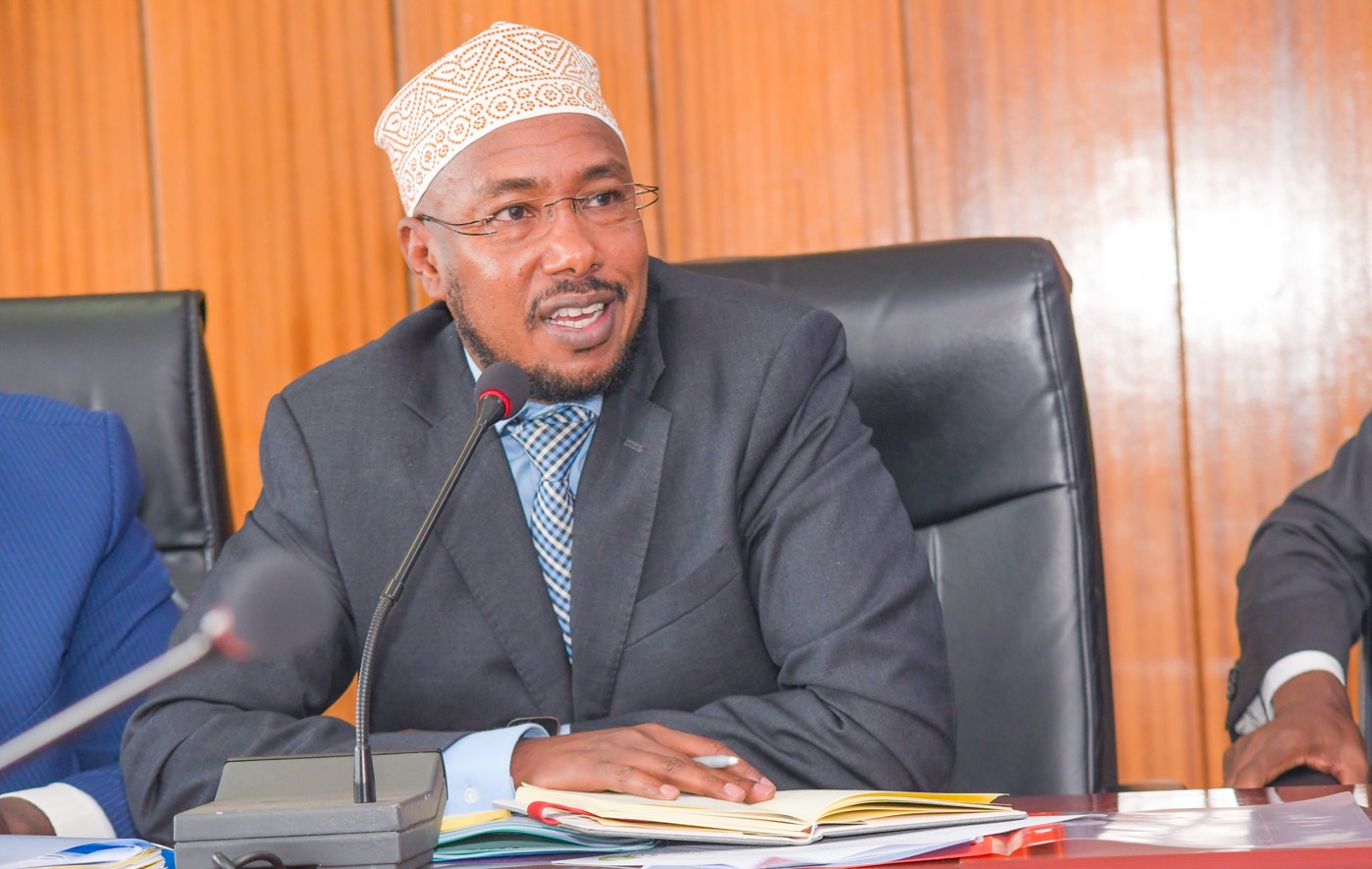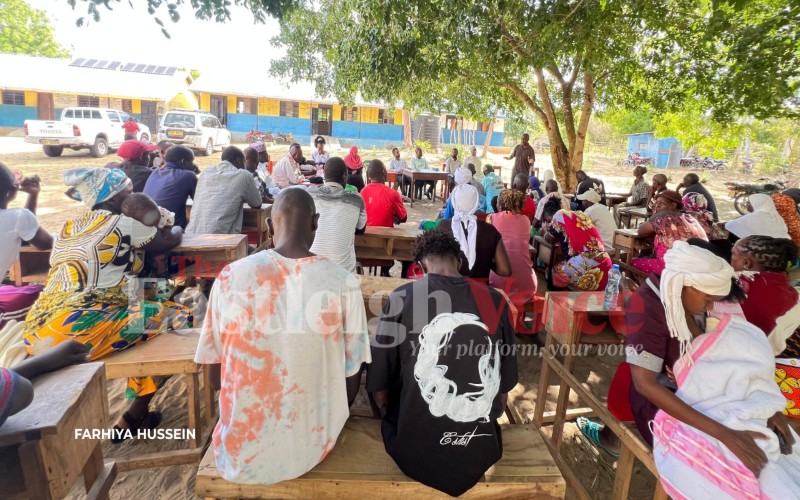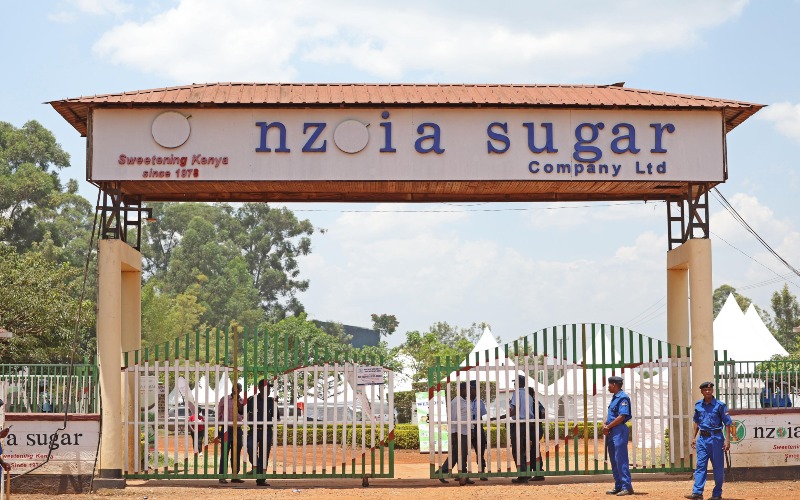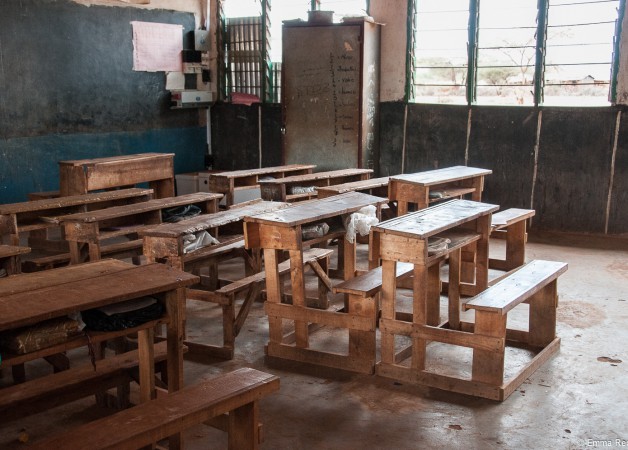Budget cuts threaten continuous voter registration in Kenya

Marjan highlighted the suspension of voter education, boundary delimitation, medical insurance for staff, office construction, and vehicle fueling due to budget cuts.
Independent Electoral and Boundaries Commission (IEBC) has raised an alarm over the impact of a significant budget cut, which threatens to derail the continuous voter registration exercise and other critical electoral processes. This budget reduction comes as part of the austerity measures announced by President William Ruto.
On Wednesday, the IEBC's Chief Executive Officer, Hussein Marjan, informed the National Assembly Committee on Justice and Legal Affairs about the consequences of the Sh870.5 million budget cut.
More To Read
- Why voter registration in by‑election zones will resume after 28 days
- IEBC gazettes Mbeere North’s MP-elect Wamuthende and other by-election winners
- IEBC urges media to report factually amid election scrutiny
- LSK condemns violence in by-elections, warns of gaps ahead of 2027 polls
- ELOG flags electoral violence, ballot secrecy breaches in November 27 by-elections
- Political storm erupts as Jubilee, DAP-K accuse rivals of orchestrated violence in by-elections
According to Marjan, this financial constraint will hinder the commission's ability to maintain the Kenya Integrated Election Management Kits (Kiems Kits) and associated licences, essential for voter registration and by-elections.
"The net effect is that the commission will not be able to deliver on its mandate as it is dependent on the line items affected by the supplementary budget cuts," Marjan told the committee. He further requested the commission's exemption from the reductions and sought adequate funding for upcoming activities, including by-elections.
The Dutch company Smartmatic won the Sh4 billion Kiems tender, which includes maintaining the software, hardware, and accessories of the voting kits. The reduced budget puts these critical systems' maintenance at risk. This move could particularly disenfranchise Generation Z, who is eager to register as voters and participate in the 2027 general elections.
In addition, Marjan highlighted the suspension of voter education, boundary delimitation, medical insurance for staff, office construction, and vehicle fueling due to budget cuts. These areas are vital for the commission's operations and public confidence in the electoral process.
"The commission, therefore, requests exemption from the reductions effected and adequate funding for the activities, including the pending upcoming by-elections," Marjan reiterated.
Pending bills totalling Sh3.9 billion from the August 2022 general election exacerbate the IEBC's financial woes. These include Sh502 million in legal fees for a presidential election petition, as well as Sh399 million owed to the Postal Corporation of Kenya for transport and logistics during the polls. The agency also owes Sh401.7 million in court awards, which continue to accrue interest.
Marjan expressed concerns about the commission's ability to settle these debts, saying, "This impacts negatively on the activities of the commission as they have to scale them down completely."
The budget cuts affect various operational areas, including communication supplies (reduced by Sh42.7 million), domestic travel (cut by Sh135.1 million), printing and advertising (reduced by Sh15.6 million), and ICT contract maintenance (slashed by Sh111.4 million). Foreign travel and other expenses have also seen significant reductions.
Former Treasury Cabinet Secretary Njuguna Ndung’u, in a circular to all accounting officers, emphasised that only pending bills from the previous financial year would be prioritised and no new tenders should be awarded. This directive places additional strain on the IEBC, which relies on timely funding to maintain its functions.
The commission also lamented the removal of funds for membership dues and professional body subscriptions. These memberships are crucial for staff in legal, accounting, procurement, and human resource departments, who provide essential professional advice and representation for the commission.
"The staff usually provide professional advice to the commission secretary, sign legal documents, or represent the organization in court petitions." We, therefore, request the reinstatement of membership fees, dues, and subscriptions to professional bodies," Marjan urged the MPs.
The Finance Bill 2024 outlined additional revenue measures of Sh344.4 billion to supplement the budget for the 2024–25 financial year. However, President Ruto's refusal to assent to the bill, following protests and rejection by various stakeholders, has created a financial gap. The President has since announced measures to raise the necessary funds, including scrapping 47 state corporations and halving the number of advisors to curb unnecessary expenditures.
Other Topics To Read
Top Stories Today











































